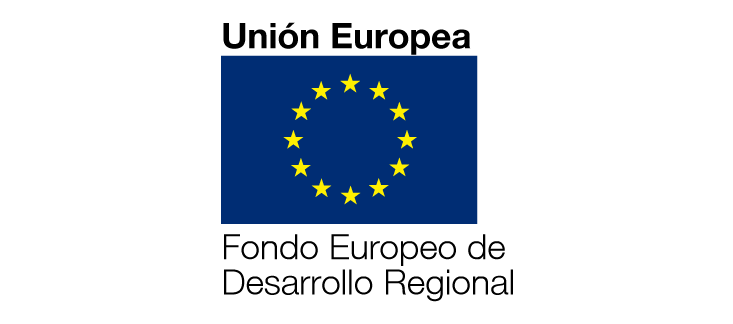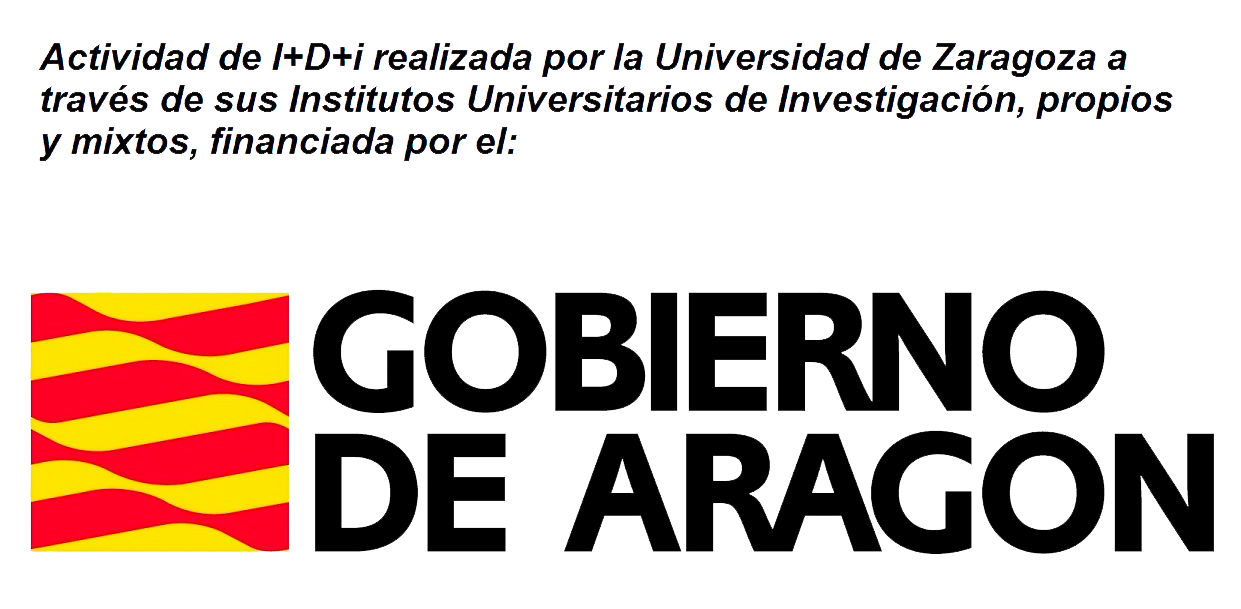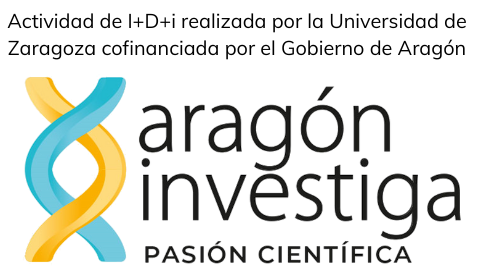A team of scientists from the BIFI Institute at the University of Zaragoza, led by Ramón Hurtado-Guerrero, an ARAID researcher, is designing antibodies that can accurately recognise cancer sugars.
 The prestigious journal Nature Chemical Biology has published the results of this collaborative project involving Spanish universities and the Danish company Combotope.
The prestigious journal Nature Chemical Biology has published the results of this collaborative project involving Spanish universities and the Danish company Combotope.
These antibodies are ideal candidates for targeted treatments that transport drugs into tumour cells.
Researchers at the Institute for Biocomputation and Physics of Complex Systems (BIFI) at the University of Zaragoza have made a significant breakthrough in immunotherapy by developing antibodies that can accurately recognise certain abnormal sugars present only in tumour cells. The study was led by Professor Ramón Hurtado-Guerrero (ARAID) and involved the Universities of La Rioja and Zaragoza, as well as the Danish biotechnology company Combotope. It has been published in the prestigious journal Nature Chemical Biology. Accurately identifying these structures has been challenging for decades due to their complexity and the weak immune response they generate.
This new discovery enables more accurate diagnoses by detecting tumour cells with high sensitivity. It also allows for more effective, targeted treatments because the antibodies can enter tumour cells (not all of them do), making them ideal for transporting drugs (antibody-drug conjugates, or ADCs). They can also be adapted for different types of cancer.

 Ramon Hurtado-Guerrero1,2,3†*, Spyridon Gatos4†, Irene Ginés-Alcober1†, Javier Macías-León1†, Andrés Manuel González-Ramírez1, Ilknur Kasapoglu4, Billy Veloz1, Ismael Compañón5, Mattia Ghirardello5, Pedro Merino1,6, Francisco Corzana5, and Ola Blixt4,7†*. Recognizing Tn and STn Epitopes in Protein Context: Structural Advances in Phage Display Libraries for Tumor-Specific Antibody Discovery. Nature Chemical Biology, just accepted, 2025. * corresponding authors; † equal contribution. doi.org/10.1038/s41589-025-01971-8
Ramon Hurtado-Guerrero1,2,3†*, Spyridon Gatos4†, Irene Ginés-Alcober1†, Javier Macías-León1†, Andrés Manuel González-Ramírez1, Ilknur Kasapoglu4, Billy Veloz1, Ismael Compañón5, Mattia Ghirardello5, Pedro Merino1,6, Francisco Corzana5, and Ola Blixt4,7†*. Recognizing Tn and STn Epitopes in Protein Context: Structural Advances in Phage Display Libraries for Tumor-Specific Antibody Discovery. Nature Chemical Biology, just accepted, 2025. * corresponding authors; † equal contribution. doi.org/10.1038/s41589-025-01971-8










